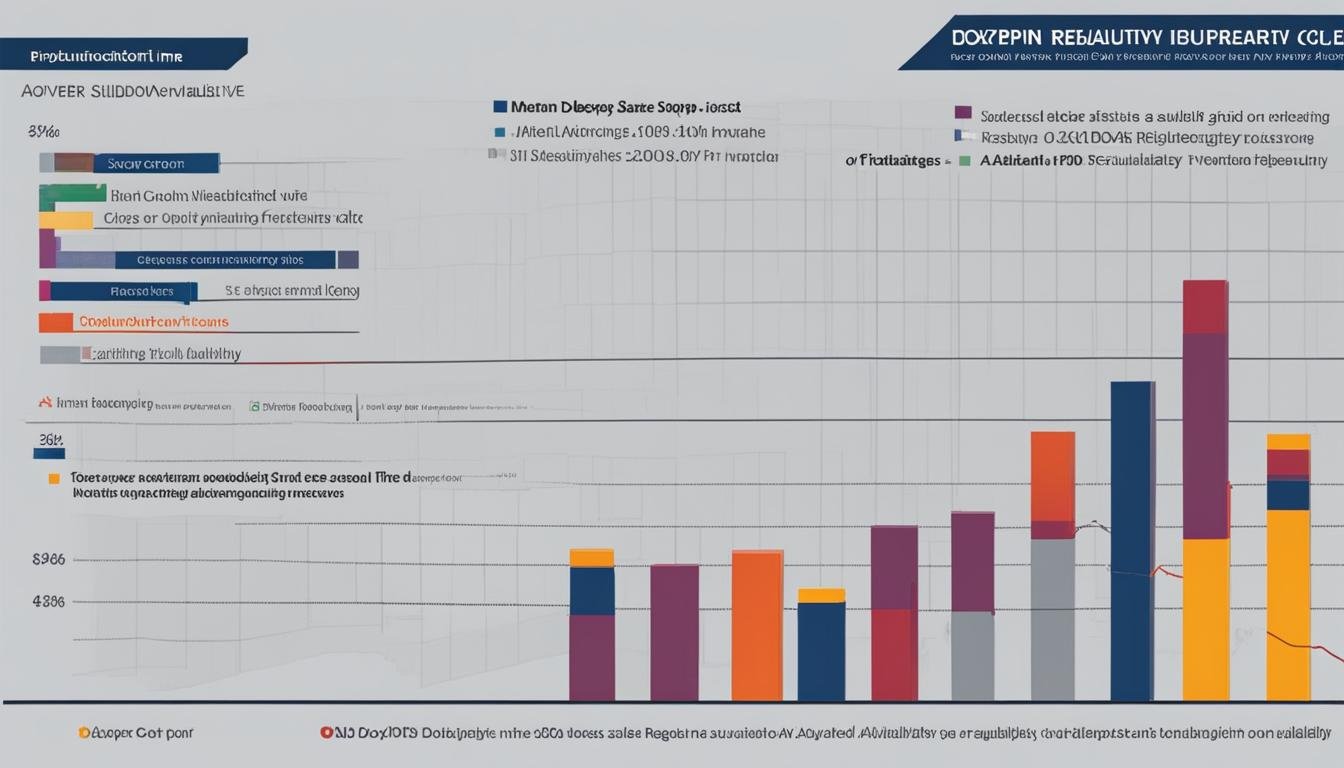Doxepin (Sinequan)® capsules are being discontinued in all strengths, according to the National Electronic Library for Medicines. The discontinuation of Doxepin may be a result of regulatory changes prompted by updated safety concerns or emerging risks associated with the medication. Additionally, advancements in treatment options and market dynamics, including manufacturing costs and competition, may have influenced the decision. The discontinuation of Doxepin raises concerns for patients currently relying on the medication for their mental health and well-being. Alternative treatment options should be considered and discussed with healthcare providers to ensure continued care.
Key Takeaways:
- The discontinuation of Doxepin is likely due to regulatory changes and emerging safety concerns.
- Advancements in treatment options and market dynamics may have also played a role in the decision.
- Patients relying on Doxepin should discuss alternative treatment options with their healthcare providers.
- Providers may recommend medications such as Amitryptiline, Dosulepin, or Clomipramine as alternatives.
- Close monitoring is necessary when transitioning to alternative treatments to ensure effectiveness and safety.
Regulatory Changes and Safety Concerns
When it comes to the discontinuation of medications like Doxepin, regulatory changes and safety concerns often play a significant role. Health authorities, such as the U.S. Food and Drug Administration (FDA), are responsible for regularly evaluating medications for their safety and efficacy. If updated regulations highlight potential risks or side effects that outweigh the benefits of a particular medication, pharmaceutical companies may choose to discontinue its production.
For Doxepin specifically, safety concerns may have been a driving factor in its discontinuation. These concerns could arise from new evidence or emerging risks associated with the medication. By halting its production, pharmaceutical companies prioritize patient safety and well-being, ensuring that alternative treatment options are considered.
It is essential to note that these regulatory changes and safety concerns are part of an ongoing process aimed at improving patient care. While the discontinuation of Doxepin may cause some initial disruption, it ultimately reflects a commitment to providing individuals with the most effective and safe treatment options available.
Advancements in Treatment and Market Dynamics
Advancements in treatment options and market dynamics have played a significant role in the discontinuation of medications like Doxepin. As medical science progresses, newer and more effective alternatives are constantly being developed, offering improved outcomes and fewer side effects for patients. These advancements have led to a decreased demand for older drugs, such as Doxepin, as healthcare providers and patients seek out more advanced treatment options.
Additionally, market conditions and factors like manufacturing costs and competition from generic versions can influence the decision to discontinue a medication. Pharmaceutical companies must carefully evaluate the profitability and viability of their product lines. If the manufacturing costs outweigh the potential revenue and market demand for a particular medication, it may no longer be economically feasible for the company to continue its production and distribution.
With the discontinuation of Doxepin, patients who were relying on the medication must now explore alternative treatment options. Healthcare providers may recommend alternative medications that have similar therapeutic effects and can effectively address the patient’s mental health concerns. Some possible alternatives to Doxepin include Amitryptiline, Dosulepin, or Clomipramine. However, it is crucial for healthcare providers to closely monitor patients transitioning to alternative treatments to ensure the effectiveness and safety of the new medication.

Patient Impact and Alternative Treatment Options
The discontinuation of Doxepin raises concerns for patients who rely on the medication for their mental health and well-being. It is essential for patients and healthcare providers to navigate this change carefully. Alternative treatment options should be considered based on the patient’s needs and discussed with healthcare providers.
Providers may recommend alternative medications such as Amitryptiline, Dosulepin, or Clomipramine. These medications can help manage the symptoms that were previously treated with Doxepin. It is important for patients to understand that transitioning to a new medication may require some adjustment. Health professionals will closely monitor patients during this transition period to ensure the effectiveness and safety of the new medication.
In addition to medication options, there are other treatment approaches that can be explored. Cognitive-behavioral therapy (CBT) and other types of psychotherapy have shown promising results in treating various mental health conditions. These therapies can help patients develop coping strategies, address underlying issues, and improve overall well-being. Patients should discuss these options with their healthcare providers to determine the most suitable treatment plan.
Key Takeaways:
- Patients relying on Doxepin need to explore alternative treatment options.
- Alternative medications such as Amitryptiline, Dosulepin, and Clomipramine may be recommended.
- Transitioning to a new medication requires careful monitoring by healthcare providers.
- Psychotherapy, such as cognitive-behavioral therapy, can also be considered as part of the treatment plan.
Conclusion
The discontinuation of Doxepin reflects a complex interplay of regulatory changes, advancements in treatment options, and market dynamics. Safety concerns, updated regulations, and the availability of newer, more effective alternatives may have influenced the decision to discontinue the medication.
For patients who rely on Doxepin for their mental health and well-being, it is important to adapt to this change and explore alternative treatment options. Close communication with healthcare providers is crucial to ensure continued care and support during this transition.
Staying informed about the latest developments in the field of mental health treatment is essential. Regular updates and discussions with healthcare providers can help patients make informed decisions and find the most suitable alternative medication.
While the discontinuation of Doxepin may initially pose challenges for patients, it also opens up opportunities to explore newer treatments that may better meet their needs. With the guidance and support of healthcare professionals, patients can navigate this change and continue their journey towards improved mental health and well-being.
FAQ
Why is Doxepin being discontinued?
Doxepin (Sinequan)® capsules are being discontinued in all strengths due to reasons such as regulatory changes prompted by updated safety concerns or emerging risks associated with the medication, as well as advancements in treatment options and market dynamics.
What are the regulatory changes and safety concerns associated with Doxepin?
Regulatory changes play a significant role in the discontinuation of medications like Doxepin. Health authorities, such as the U.S. Food and Drug Administration (FDA), regularly evaluate medications for safety and efficacy. Safety concerns associated with Doxepin may have influenced the decision to halt its production, ensuring patient safety and well-being.
How do advancements in treatment and market dynamics contribute to the discontinuation of Doxepin?
Advancements in treatment options and market dynamics can contribute to the discontinuation of medications like Doxepin. As medical science progresses, newer and more effective alternatives with fewer side effects may become available, leading to a decreased demand for older drugs. Additionally, market conditions, including manufacturing costs and competition from generic versions, can influence the decision to discontinue a medication.
What impact does the discontinuation of Doxepin have on patients?
The discontinuation of Doxepin raises concerns for patients who rely on the medication for their mental health and well-being. It is essential for patients and healthcare providers to navigate this change carefully. Alternative treatment options should be considered based on the patient’s needs and discussed with healthcare providers.
What are some alternative treatment options for Doxepin?
Healthcare providers may recommend alternative medications such as Amitriptyline, Dosulepin, or Clomipramine. Close monitoring of patients transitioning to alternative treatments is necessary to ensure the effectiveness and safety of the new medication.

